Introducing your baby to solid food can be delightful, but you may want to wait — here are six reasons to delay starting solids.
Over the course of the last 100 years, advice on how — and when — to introduce your baby to solid food has changed drastically. In the 1950s, the average age of introducing solids to babies was 4-6 weeks of age, with some doctors promoting solids 24 hours after birth. In the 1990s, the average age rose to 4-6 months, where it has lingered ever since.
While very few — if any! — doctors would recommend starting babies on solids as early as 4-6 weeks. Once a baby enters the 4-6 month age range, you start to see variations in practice and recommendations. Some pediatricians encourage starting on solids once a baby shows signs of interest, even if it’s at 4 months old. Others encourage parents to wait past the 6-month mark.
So, parents find themselves frequently wondering: what am I supposed to do?
Ultimately, deciding when to start your baby on solids is your own and should be based on discussions with your child’s healthcare provider and your partner. But from a breastfeeding perspective, there are some significant reasons to delay starting your baby on solids until your baby is 6 months old.
Let’s take a look at six evidence-based reasons to hold off on the solids.
Your baby has a delicate digestive system. More scientifically, they have what’s known as an “open gut,” meaning that there are spaces between the cells in the small intestines that let proteins and pathogens pass into the bloodstream.
When we’re talking about breast milk, that’s great — the valuable antibodies and proteins from breast milk can do their protective work as they coat and protect your baby’s gut!
The same goes for proteins and pathogens from solid food. They also can make their way into the open spaces in your baby’s gut — but the results aren’t the same. Instead, it can lead to your baby being more susceptible to illnesses, allergies, and the like.
However, when you wait until your baby is 6 months or older, there are fewer risks. Why? By that time, your baby will have started producing his or her antibodies, and the gut will have closed.
When it comes to nutritional value, you can hardly improve on breast milk. Breast milk provides the perfect balance of nutrients, vitamins, hydration, and more for your little one — and that balance changes over time to meet your baby’s needs.
What’s more, the immune system benefits of breast milk are enormous. Not only does it support your baby’s gut health (see above), breast milk contains more than 50 immune factors. Any amount of breast milk is good for babies. Still, exclusive breastfeeding for at least 3-4 months has the most dramatic impact on health issues like respiratory tract infections, ear infections, necrotizing enterocolitis (NEC), sudden infant death syndrome, allergies, and more. These benefits are magnified even further when you practice exclusive breastfeeding for more than 6 months.
Low iron levels can cause your baby to become anemic. It’s not uncommon for babies to have mild anemia in the first few months of their lives. Mild anemia usually doesn’t require special treatment to resolve, but some babies can end up with more severe cases, leading to poor weight gain, lethargy, tachycardia, and more.
However, you may be able to protect your baby from iron deficiency by exclusively breastfeeding. One study of full-term infants found that babies exclusively breastfed for 7 months had higher hemoglobin levels at one year of age than breastfed babies who had started on solids before 7 months. What’s more, researchers discovered no cases of anemia in babies who were exclusively breastfed for 7 months.
When you begin introducing solids to your baby’s diet, you provide extra calories for your baby.
That may sound like a good thing, but remember this: Babies under 6 months don’t need extra calories from solids. When you start adding them, this decreases their breast milk intake and, in turn, decreases your milk production. What’s more, babies introduced to solids before 6 months of age are more likely to wean prematurely.
Let’s put this out there: Any amount of breastfeeding at all is good for your baby and you. However, the longer you breastfeed, the greater the benefits for both you and your baby.
These benefits are huge…and there are a lot of them. Here are a couple of major ones for you both.
We want all parents to feel confident. Not just about breastfeeding, but about starting solids. We’re here to answer your questions and help you find solutions. Book a convenient online video appointment with a Nest Collaborative IBCLC today.
